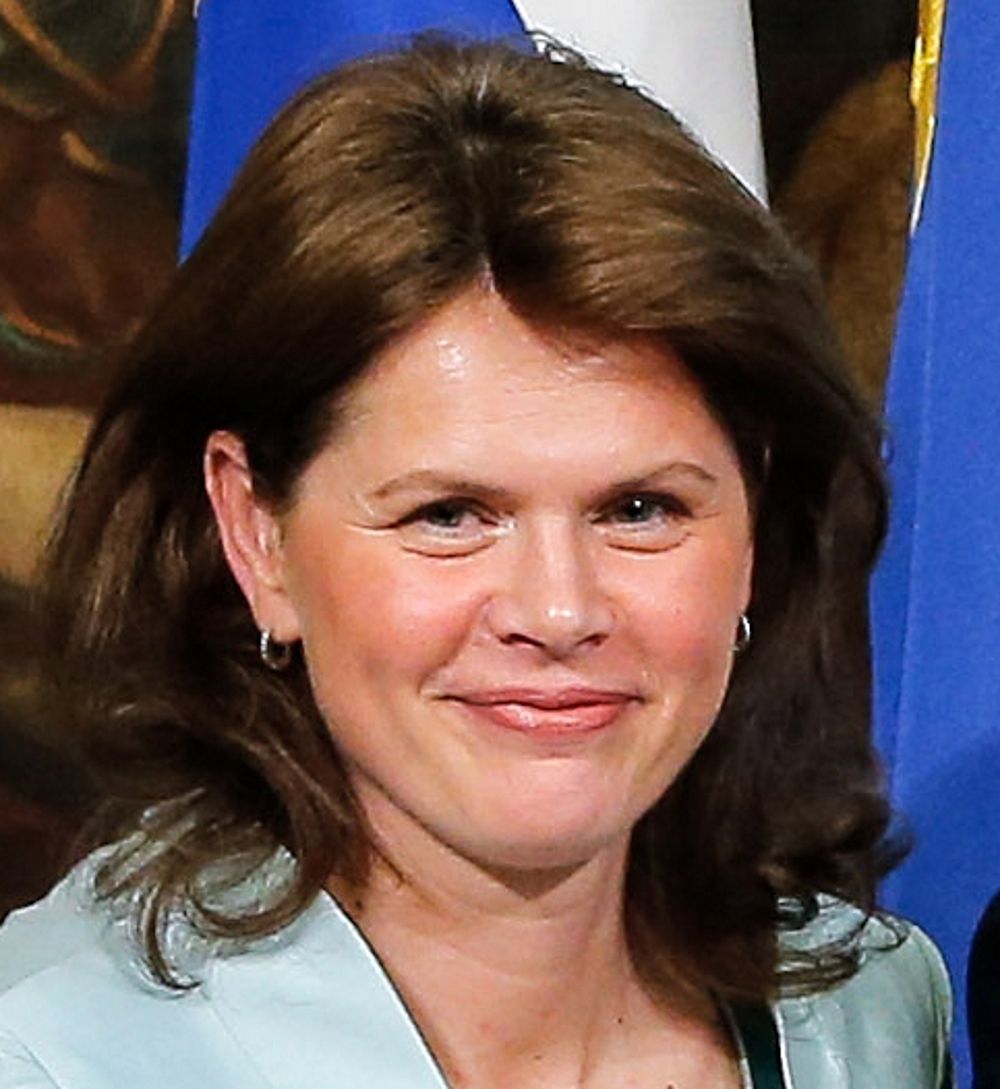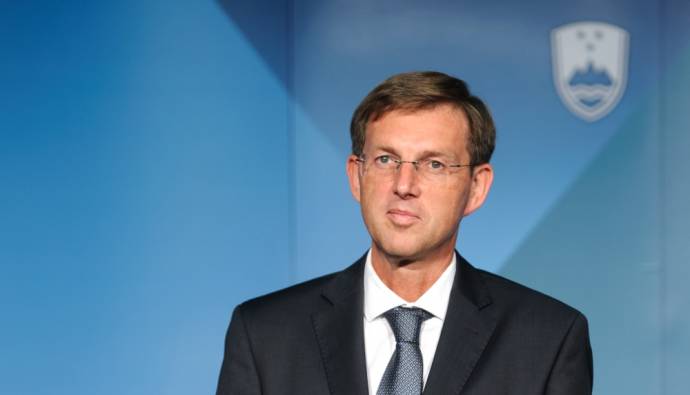December 4, 2017
In an interview with The Slovenia Times, Dr Miro Cerar, the Prime Minister of the Republic of Slovenia, addressed a range of issues related to business and the economy, such the Second Track rail project between Divača and Koper, which last week received an additional 109 million EUR for the construction, as well the general climate for foreign investment and the status of NLB.
With regard to the rail project, Cerar lamented the slow progress to date and hoped that speed would soon pick up, so that the Port of Koper could pursue more opportunities in the face of growing regional competition. He noted that transparency is vital at all stages of the project, valued at 961 million EUR, in order to ensure continued EU funding, and added that Slovene taxpayers should only have to pay around 200 million EUR for the Second Track, with rest coming from development funds and investments by the Port of Koper and Slovenian Railways.
Turning the issue of Slovenia’s investment climate, the Prime Minister said that the proposed Investment Incentives Act is an attempt to encourage both domestic and foreign investment, by creating clearer and more equitable conditions for both, with the goals of supporting further denationalisation and support for entrepreneurship.

Alenka Bratušek, Prime Minister of Slovenia from March 2013 until May 2014 - Photo: Wikimedia
Finally, on the subject of the bank NLB, Cerar noted that the commitment to privatise the bank was made in 2013, during the worst of the financial crisis, and under the government of Ms Alenka Bratušek, and that in dealing with this situation the priority was not to further burden taxpayers. Turning back the issue of the business climate, the Prime Minister claimed that the crisis in Slovenia had not only been driven by global issues, but by certain practices at home, such as the use of bad loans and artificial insolvencies, which he said he was working to address. Going further on this these, Cerar stated that “if the country is in crisis, it becomes prey to foreign multinationals and other foreign forces. If the European Troika comes to Slovenia, it means the sale of Slovenian assets by foreign order.”
Noting Slovenia’s improved public finances and growing GDP, which he said were due to “the management of state assets according to the principles of corporate management,” Cerar conclude that “the economic indicators have shifted toward a positive direction and that has made Slovenia credible again. Based on this and other improvements, Slovenia is now a partner and no longer prey.”
The full interview can be found at The Slovenia Times.







